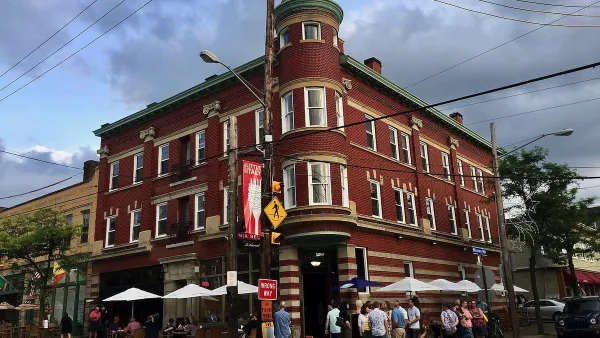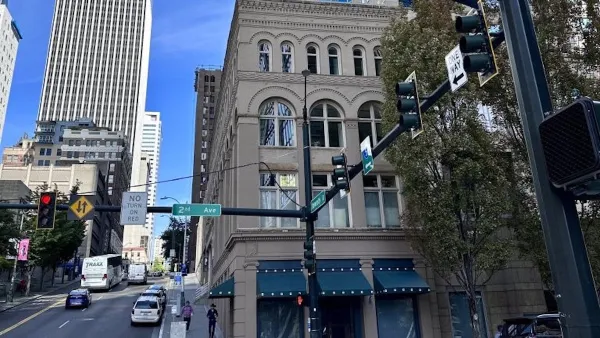Today's civic challenges are not unique in their need for balanced, accountable, and equitable solutions, requiring a combination of mindful reforms with sincere hope for more egalitarian prosperity.
In last Autumn’s edition of City Journal, Harvard economist Edward Glaeser set forth a conservative agenda for urban progress, which bemoaned a perceived resurgence of interest in redistribution and regulation across America’s urban centers. Today’s civic challenges are not unique in their need for balanced, accountable, and equitable solutions; requiring a combination of mindful reforms with sincere hope for more egalitarian prosperity. Glaeser’s unabashed partiality makes it difficult to accept his proposals without a degree of skepticism. Although littered with parochial right-wing barbs and talking points his plan does embrace some innovative solutions that can responsibly achieve civic progress. We are left to separate the efficacious wheat from the ideological chaff.
The first prong of Glaeser’s agenda calls for policies that will promote and support entrepreneurship, which includes evaluating public loan programs and lifting burdensome new business regulations. His call for evaluation, though well-intentioned, seems somewhat biased toward failure, as he cites his own statistically insignificant studies that nevertheless suggest loan ineffectiveness. Glaeser further suggests pooling several loan programs together, accepting applications from a large sample size of qualifying businesses but only providing loans to a select group in order to compare those that received public financing to those that did not. Despite difficulties for controlling the differences in competition and markets across cities, using a randomized approach could help make the case for public loans.
FULL STORY: Thriving from the Center: Freeing Urban Innovation from Ideology

Analysis: Cybertruck Fatality Rate Far Exceeds That of Ford Pinto
The Tesla Cybertruck was recalled seven times last year.

National Parks Layoffs Will Cause Communities to Lose Billions
Thousands of essential park workers were laid off this week, just before the busy spring break season.

Retro-silient?: America’s First “Eco-burb,” The Woodlands Turns 50
A master-planned community north of Houston offers lessons on green infrastructure and resilient design, but falls short of its founder’s lofty affordability and walkability goals.

Test News Post 1
This is a summary

Analysis: Cybertruck Fatality Rate Far Exceeds That of Ford Pinto
The Tesla Cybertruck was recalled seven times last year.

Test News Headline 46
Test for the image on the front page.
Urban Design for Planners 1: Software Tools
This six-course series explores essential urban design concepts using open source software and equips planners with the tools they need to participate fully in the urban design process.
Planning for Universal Design
Learn the tools for implementing Universal Design in planning regulations.
EMC Planning Group, Inc.
Planetizen
Planetizen
Mpact (formerly Rail~Volution)
Great Falls Development Authority, Inc.
HUDs Office of Policy Development and Research
NYU Wagner Graduate School of Public Service




























